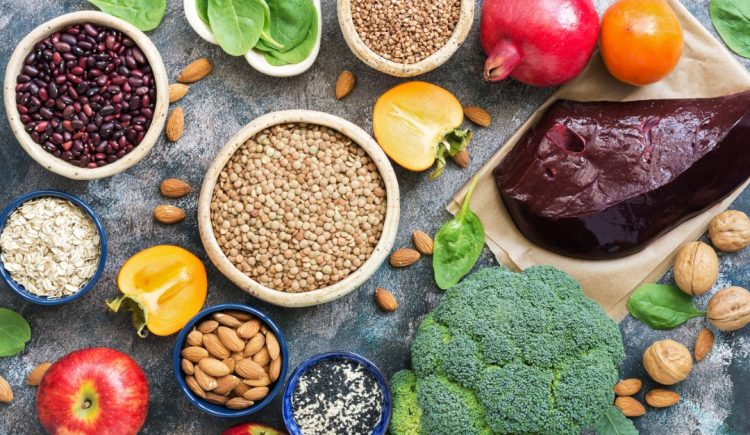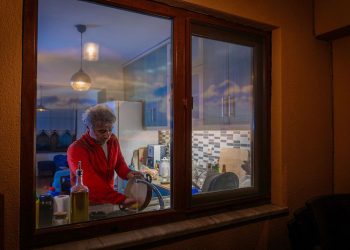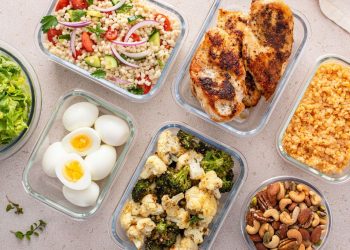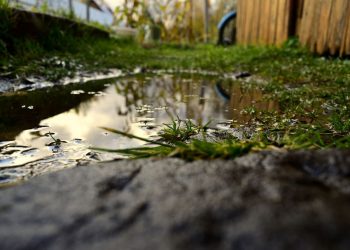Iron is a vital mineral used to produce proteins that in turn help transport oxygen throughout the body. Iron also plays other important roles. That’s why it’s crucial to make sure that you’re getting enough.
What Can Happen If You Don’t Get Enough Iron?
If you don’t get sufficient iron from your diet, your body will use iron stored in your muscles, liver and bones. Once those supplies have been exhausted, your red blood cells may become unable to transport the required amounts of oxygen to the rest of your body.
That can lead to a condition called iron deficiency anemia. Symptoms include fatigue, dizziness, weakness, digestive issues, loss of appetite, lower body temperature, headaches and a racing pulse. Iron deficiency anemia can also weaken the immune system and cause cognitive and memory problems.
How Much Iron Do You Need?
Women generally require more iron than men. If you’re pregnant, you will need more iron than usual to help your baby develop. Not getting enough iron during pregnancy can lead to premature birth, low birth weight and problems with brain development.
People over the age of 50 have the same daily iron requirements, regardless of gender. Women who are pregnant or of childbearing age have a higher risk of not getting enough iron than people over 50.
Although many vegetables are good sources of iron, the body doesn’t absorb iron from plants as well as it absorbs iron from animal sources. If you’re a vegetarian or vegan, you should consume more iron every day than a person who eats meat to be sure that your body absorbs the amount of iron it needs.
Which Foods Contain Iron?
Lean meat, poultry and seafood are good animal sources of iron. You can also get iron from a variety of plants, including beans, lentils, whole grains, seeds, nuts, dried fruits and green leafy vegetables. A number of processed foods are fortified with iron.
Eating foods that contain iron and foods with vitamin C at the same time can help your body absorb iron. Calcium can hinder the absorption of iron, so you shouldn’t eat iron-rich foods and foods that contain calcium at the same time.
Do You Need More Iron?
People generally get enough iron from food, but some need to take supplements. Women tend to have lower iron levels, more than men do. Iron levels can also fall with age or after an injury or illness that causes blood loss or digestive problems.
If you’re concerned that you might not be getting enough iron, speak with your doctor. Your physician can tell you if you should take supplements and might recommend a particular type. Your doctor might advise you to make changes to your diet instead.
Supplements vary in terms of how much iron they contain, so it’s important to follow your doctor’s advice. Too much iron can cause constipation, diarrhea, nausea, stomach cramps, lightheadedness and other problems.











